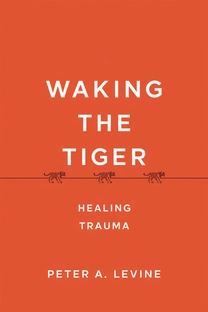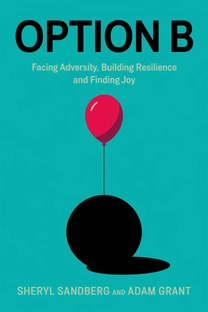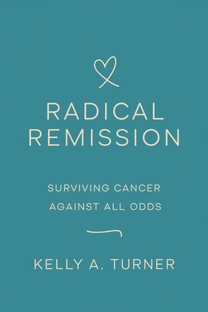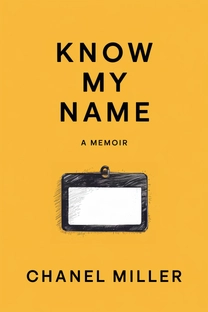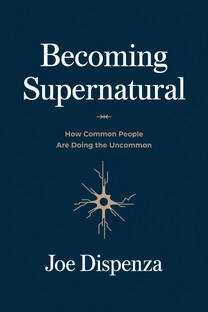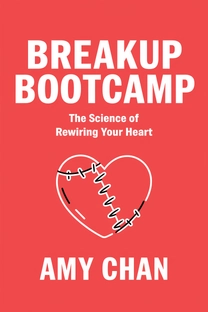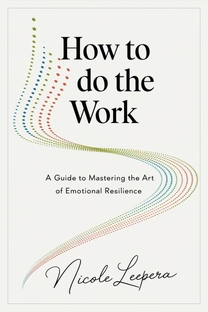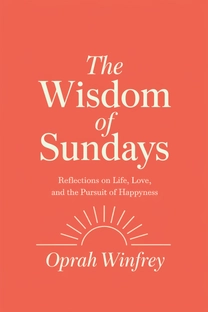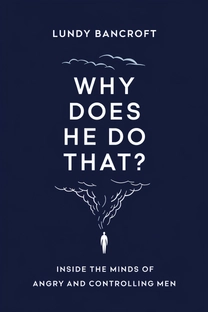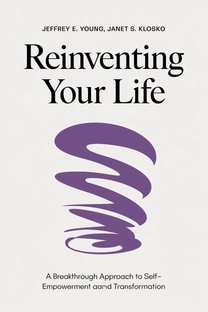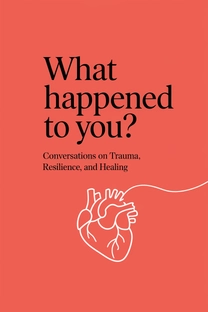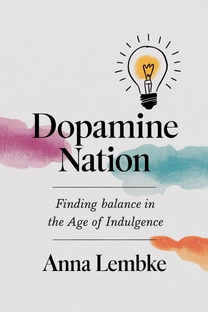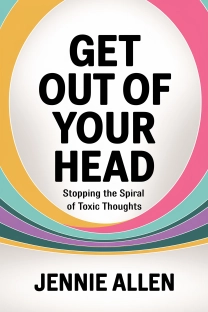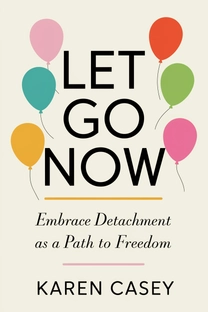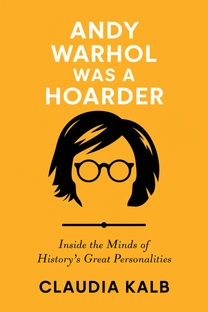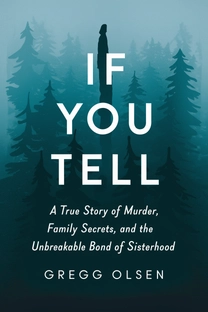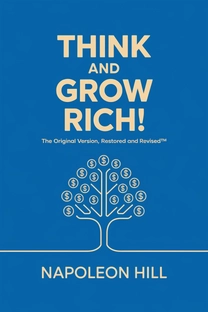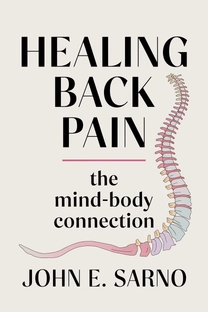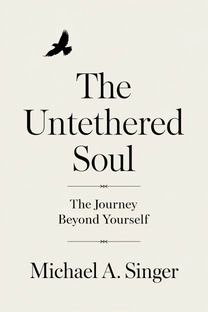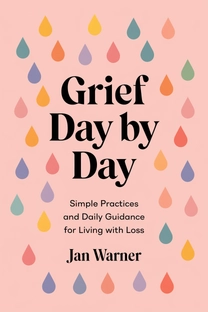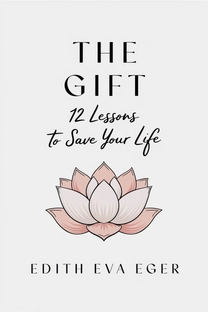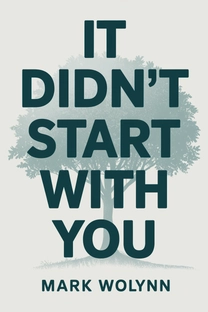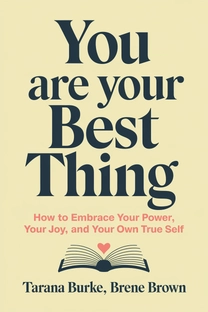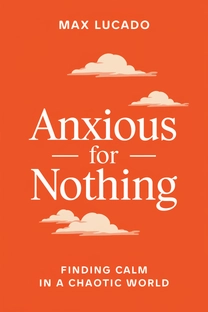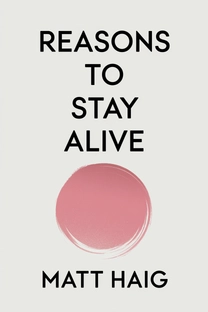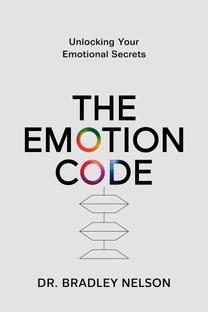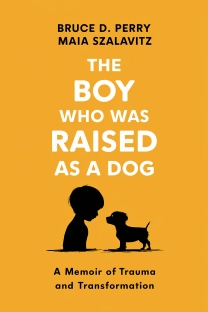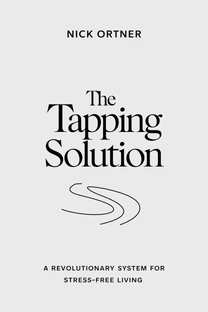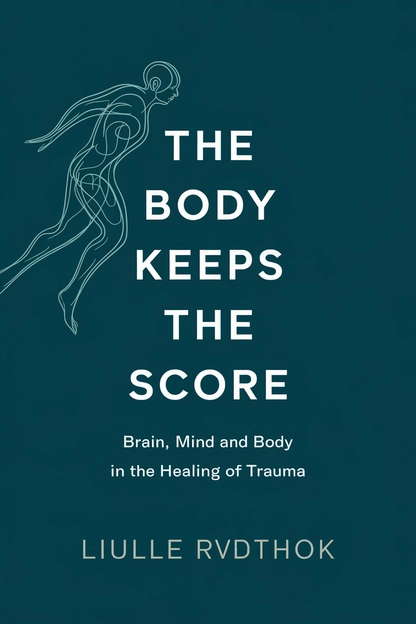
The Body Keeps The Score
Brain, Mind and Body In The Healing of Trauma
by Bessel Van Der Kolk
Brief overview
This book explores how deeply trauma can shape our bodies, minds, and emotional well-being. It walks through why upsetting experiences can leave lasting imprints that affect our relationships, ability to cope, and sense of self. Readers will discover practical ways to reclaim safety, reconnect with their inner world, and harness compelling evidence that healing is truly possible.
Introduction
Trauma is more than a moment of horror: it can imprint itself on your mind, body, and sense of safety. Each day, countless people carry invisible wounds from abuse, accidents, or war zones that keep them feeling tense or numb. This opening section highlights why understanding the profound effects of trauma matters so much. Instead of burying our past, we can learn ways to reclaim our bodies and reconnect with ourselves.
We all crave a life where our emotions, thoughts, and physical states work together peacefully, yet traumatic experiences can shatter that harmony. Many people continue to feel on edge, even long after the immediate threat is gone. By tuning into these lingering effects, we gain the first step toward releasing them.
Here, we see that healing starts with compassion for what seems scary or mysterious in our heads and hearts. Feeling truly safe after trauma involves both scientific knowledge and personal support—something this book aims to make accessible. Let’s dive in and see how we can rebuild from the inside out.
The Rediscovery of Trauma
For decades, trauma was viewed mainly through the lens of wartime experiences. Yet experiences of childhood abuse, domestic violence, and accidents began to reveal that trauma is a universal phenomenon. As research expanded, so did our understanding of how unsettling events can shape our entire lives.
Diagnosis became a powerful tool, especially once Post-Traumatic Stress Disorder was officially recognized. That label opened doors to treatments and funding but, for many, it only scratched the surface. In particular, complex trauma—ongoing maltreatment, especially in childhood—required new thinking.
Realizing that trauma extends beyond veterans to everyday people was revolutionary. This sweeping viewpoint helped uncover the hidden epidemics of child maltreatment and sexual assault. It also highlighted that feeling safe, supported, and understood is at the heart of recovery for all trauma survivors.
What is The Body Keeps The Score about?
“The Body Keeps the Score” by Bessel van der Kolk sheds light on the often overlooked effects of trauma on the body, mind, and relationships. Through clear discussions of neuroscience and real-life experiences, this book shows how traumatic memories can linger and influence daily life, even long after the event has passed. It emphasizes evidence-based methods to regain a sense of safety and control by understanding how the brain responds to fear, stress, and emotional pain.
In offering practical tools for self-regulation, the author explores yoga, theater, mindfulness, and neurofeedback as ways to reconnect with the body and emotions. Beyond addressing past wounds, “The Body Keeps the Score” illustrates the path toward reclaiming well-being and forging healthier connections with yourself and those around you.
Review of The Body Keeps The Score
This work stands out for its honest look at the unsettling ways trauma can sneak into our nervous system, shaping how we think, behave, and bond with others. Van der Kolk’s unique approach blends clinical insight with accessible explanations, making the book feel both scientifically grounded and easy to grasp. Readers will find thorough guidance on new treatment modalities, from step-by-step relaxation techniques to the use of theater as a creative outlet.
One of the book’s strengths lies in its practical applications. Real-world examples demonstrate why some methods succeed where others fail, helping readers pinpoint approaches that resonate with their backgrounds and goals. The author’s writing is both professional and approachable, bridging academic findings and everyday realities. This dual approach ensures that mental health professionals and casual readers alike can connect with the information.
The tone is consistently empathetic, speaking to individuals with trauma from childhood adversity, recent shocks, or high-stress careers. By offering encouragement without oversimplifying the recovery process, “The Body Keeps the Score” provides more than knowledge—it offers a roadmap for long-lasting healing. Anyone eager to understand trauma’s imprint and how to begin breaking free will find this book valuable and highly recommended.
Who should read The Body Keeps The Score?
- Mental health professionals seeking evidence-based trauma treatments
- Survivors of abuse or traumatic events who want to discover holistic healing methods
- Parents or caregivers aiming to understand and support a child dealing with adversity
- People in high-stress fields like military, emergency services, or healthcare
- Individuals interested in the science behind mind-body connection in mental health
About the author
Book summaries like The Body Keeps The Score
Why readers love Mindleap
10-Minute Book Insights
Get the core ideas from the world's best books in just 10 minutes of reading or listening.
Curated For You
Discover your next favorite book with personalized recommendations based on your interests.
AI Book ExpertNew
Chat with our AI to help find the best book for you and your goals.
Reviews of MindLeap
Love how I can get the key ideas from books in just 15 minutes! Perfect for my busy schedule and helps me decide which books to read in full.
Alex R.
The summaries are incredibly well-written and the audio feature is perfect for my commute. Such a time-saver!
Jessica M.
Great app for personal growth. The insights are clear and actionable, and I love how they capture the essence of each book.
Chris P.
The app is beautifully designed and the summaries are top-notch. Definitely worth every penny!
Sarah K.


